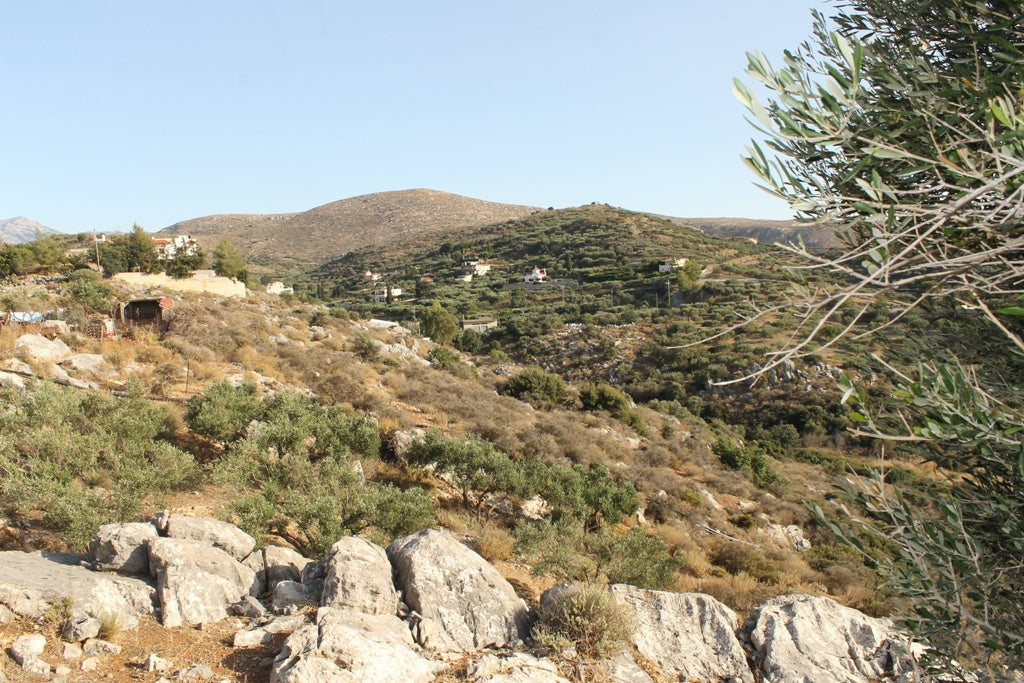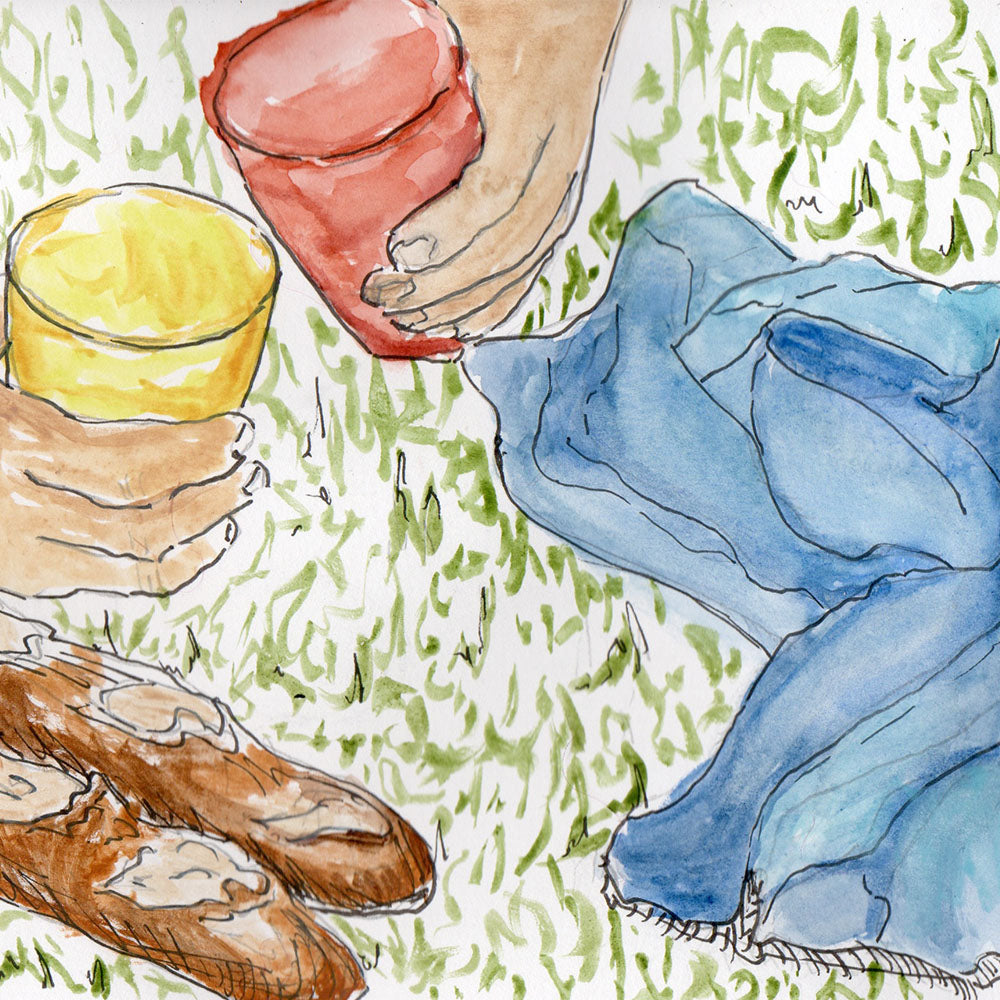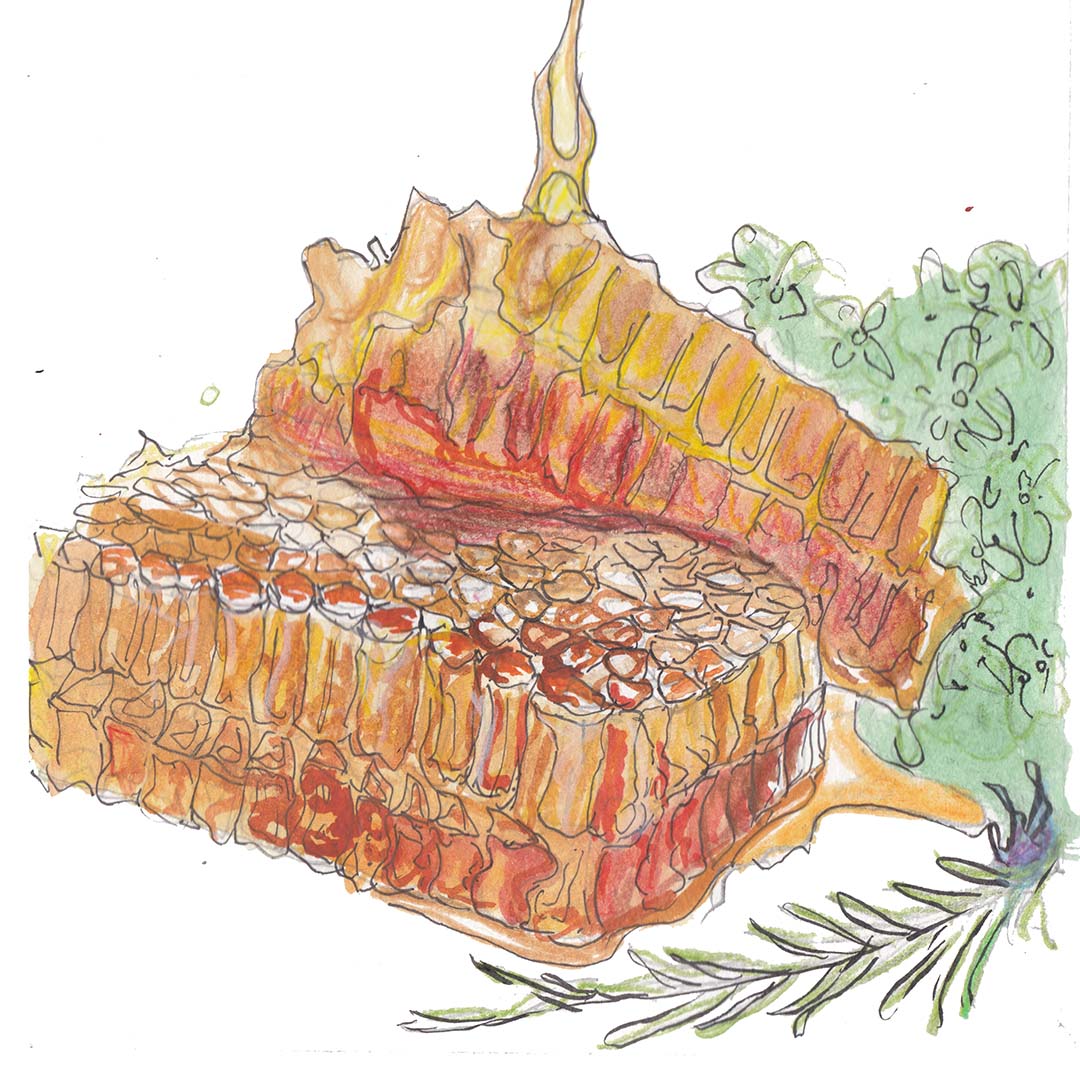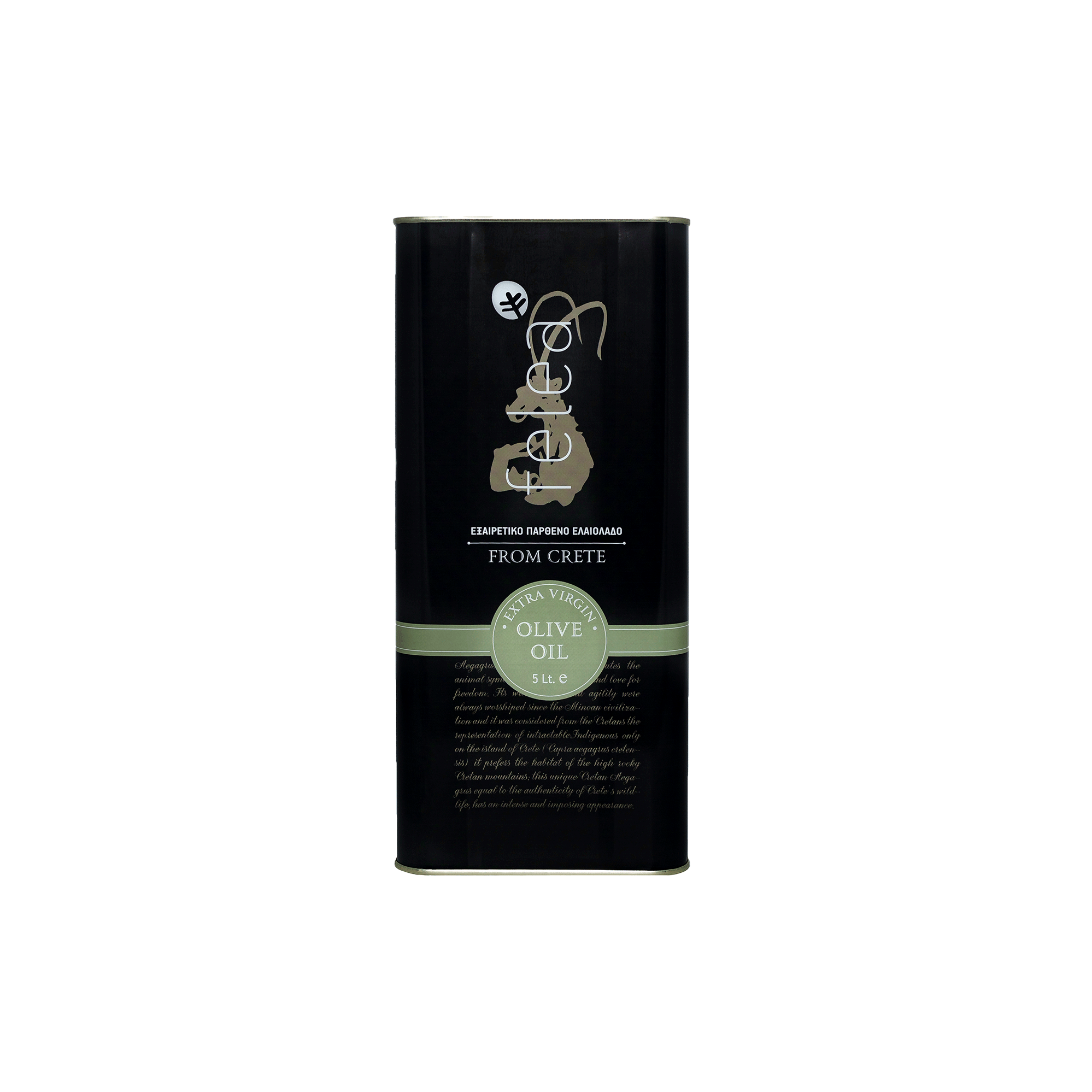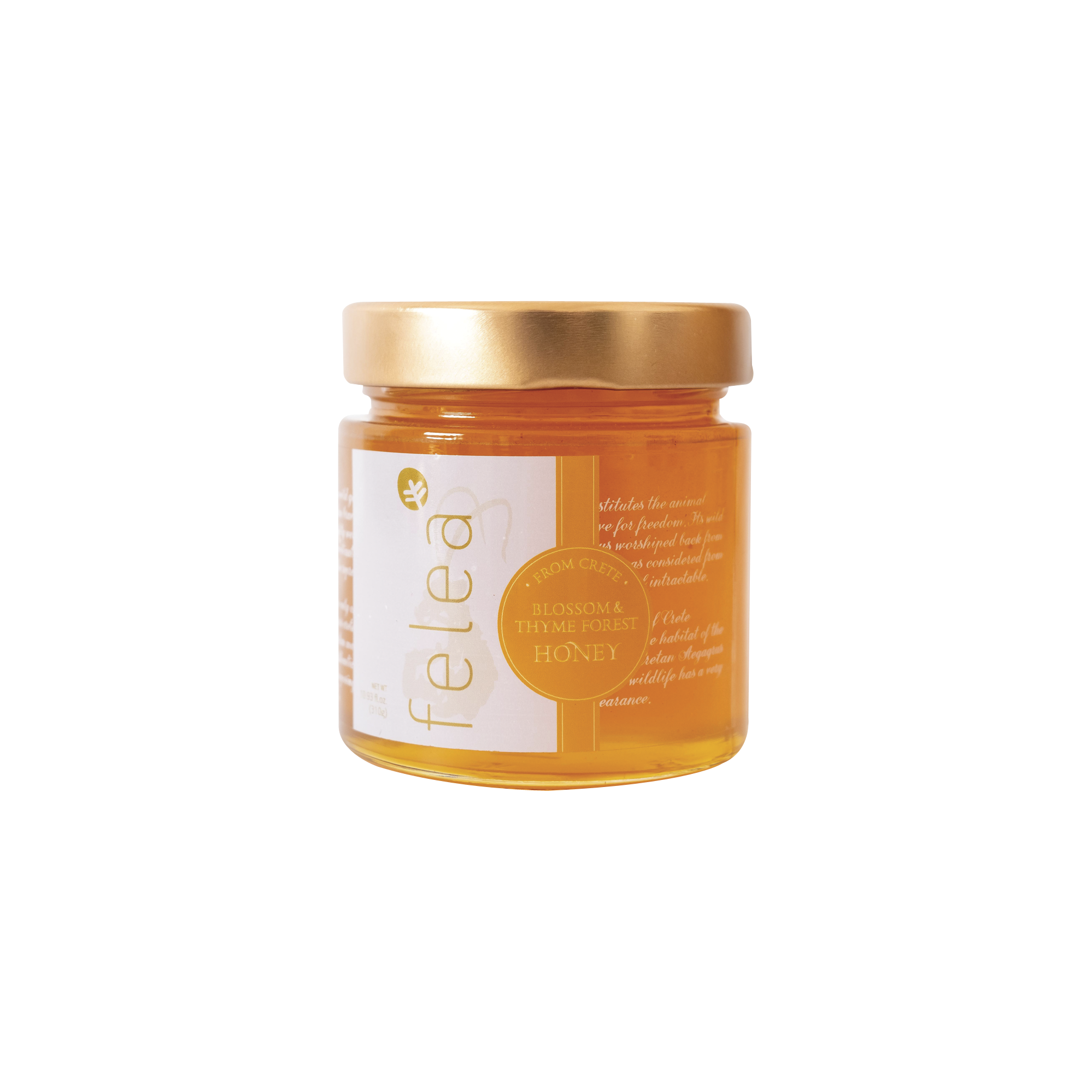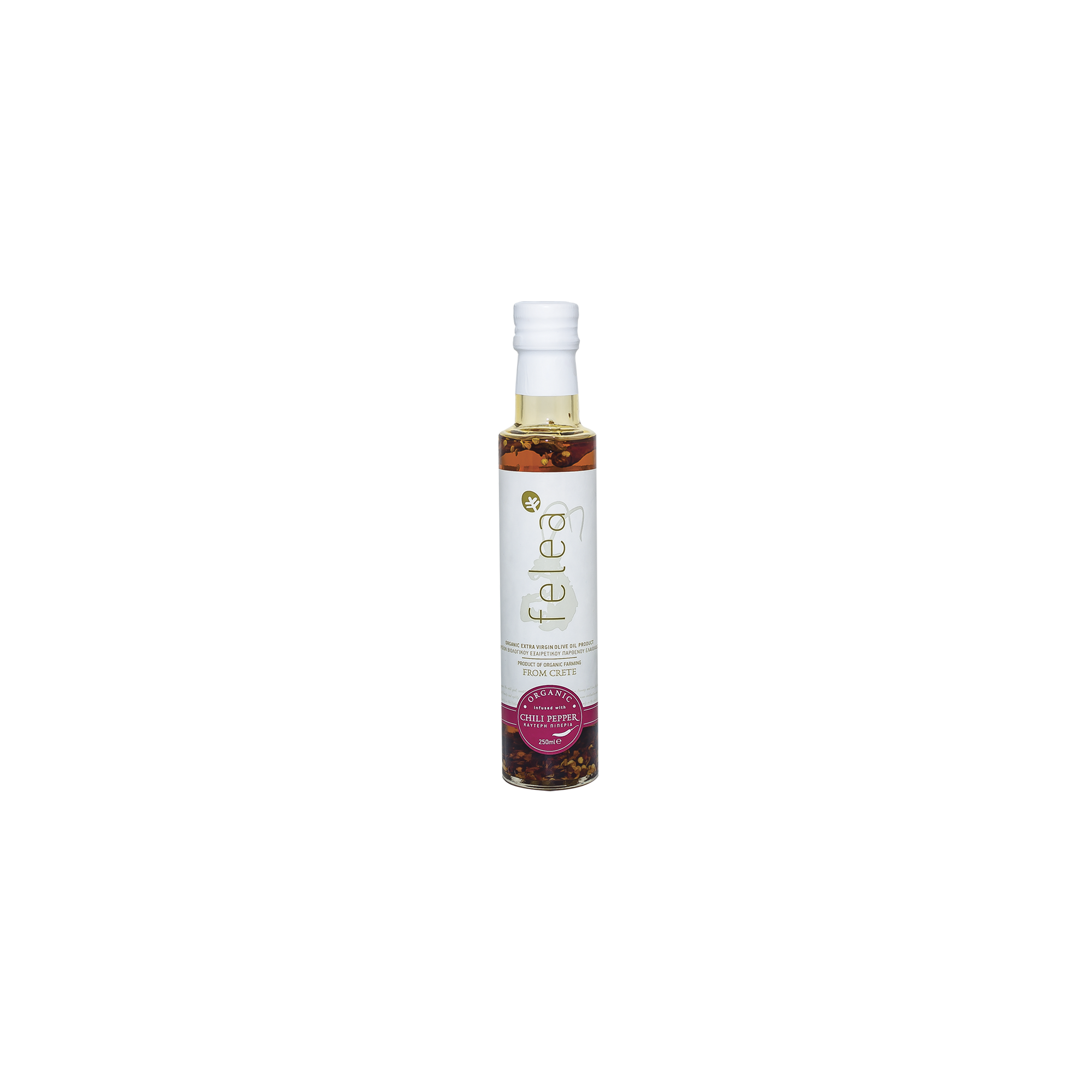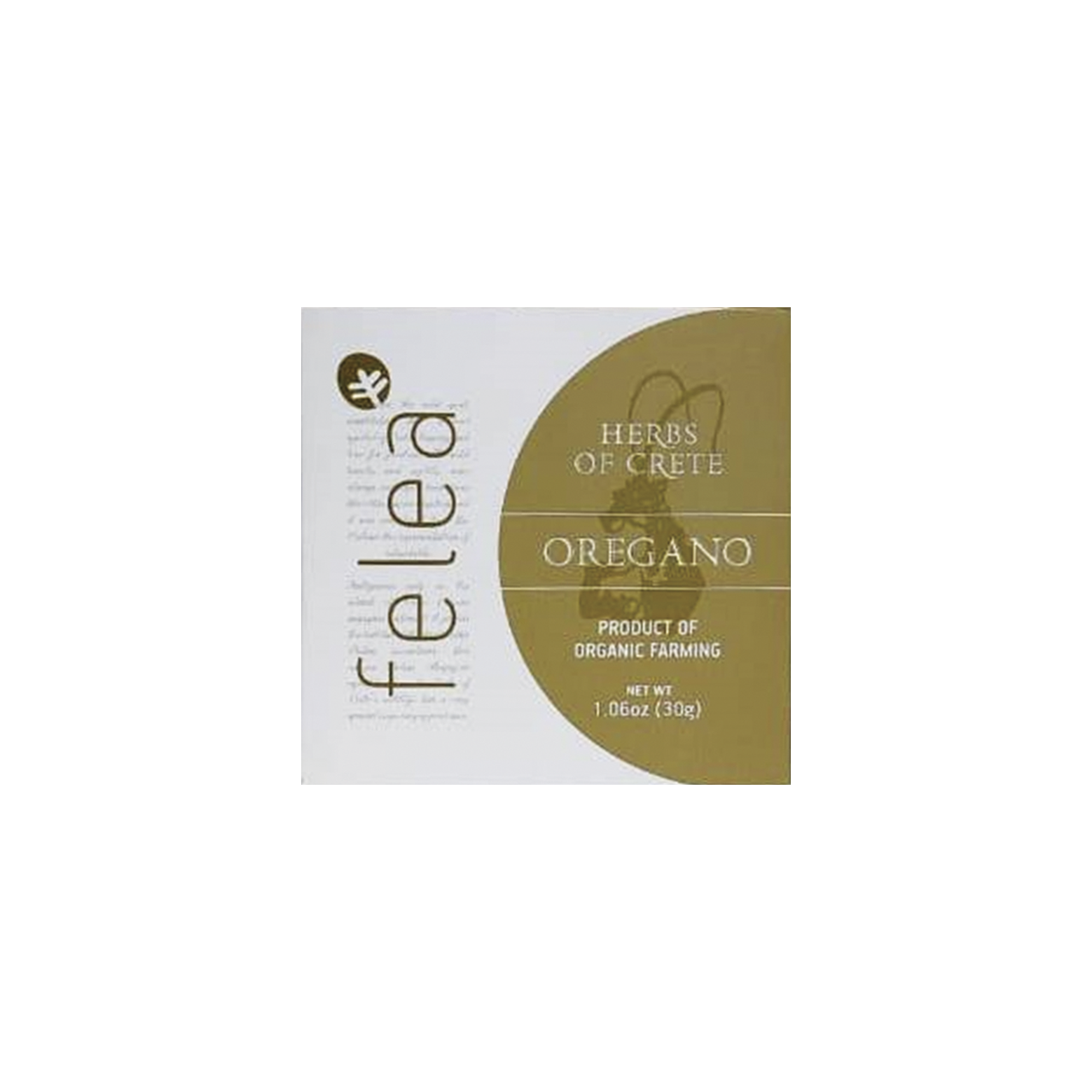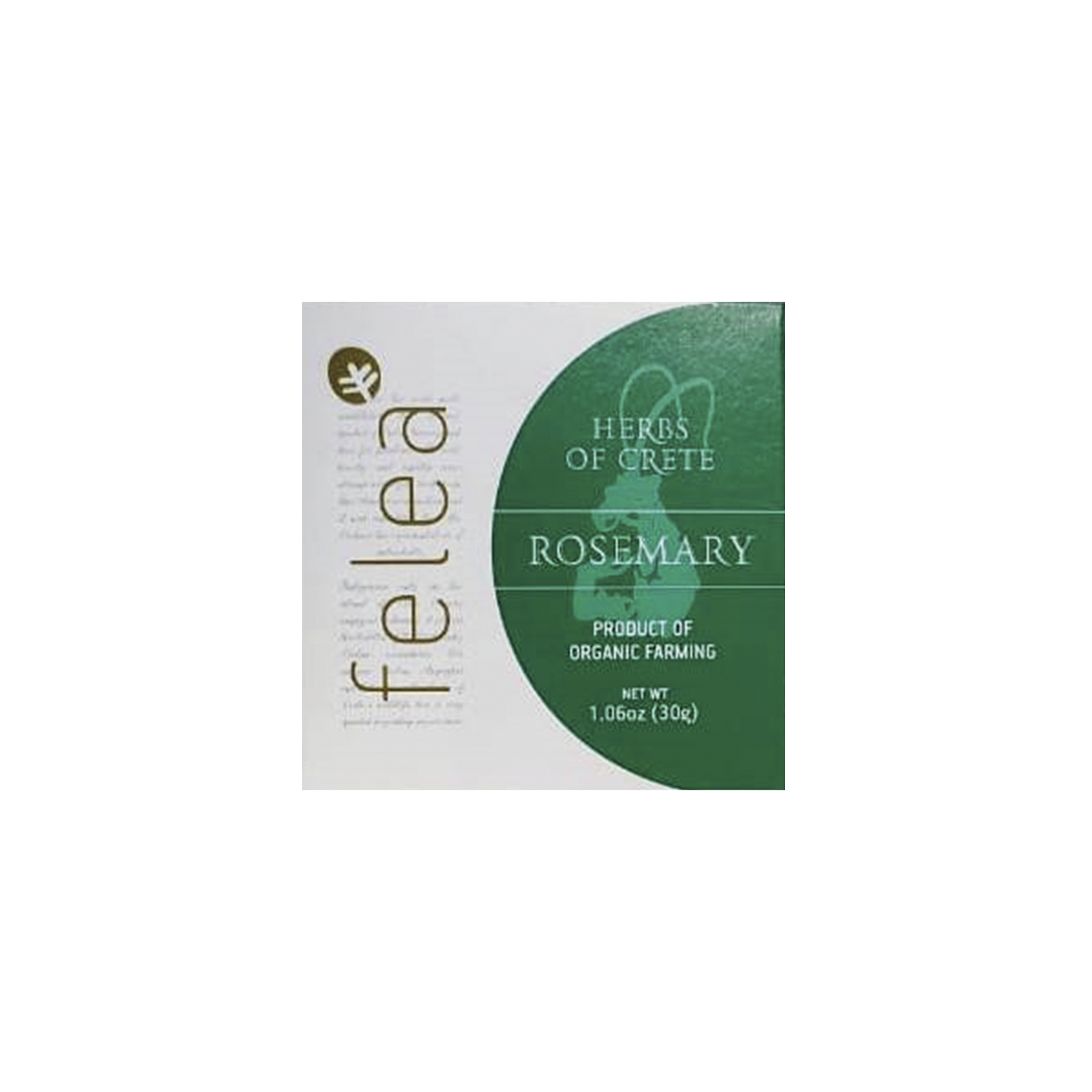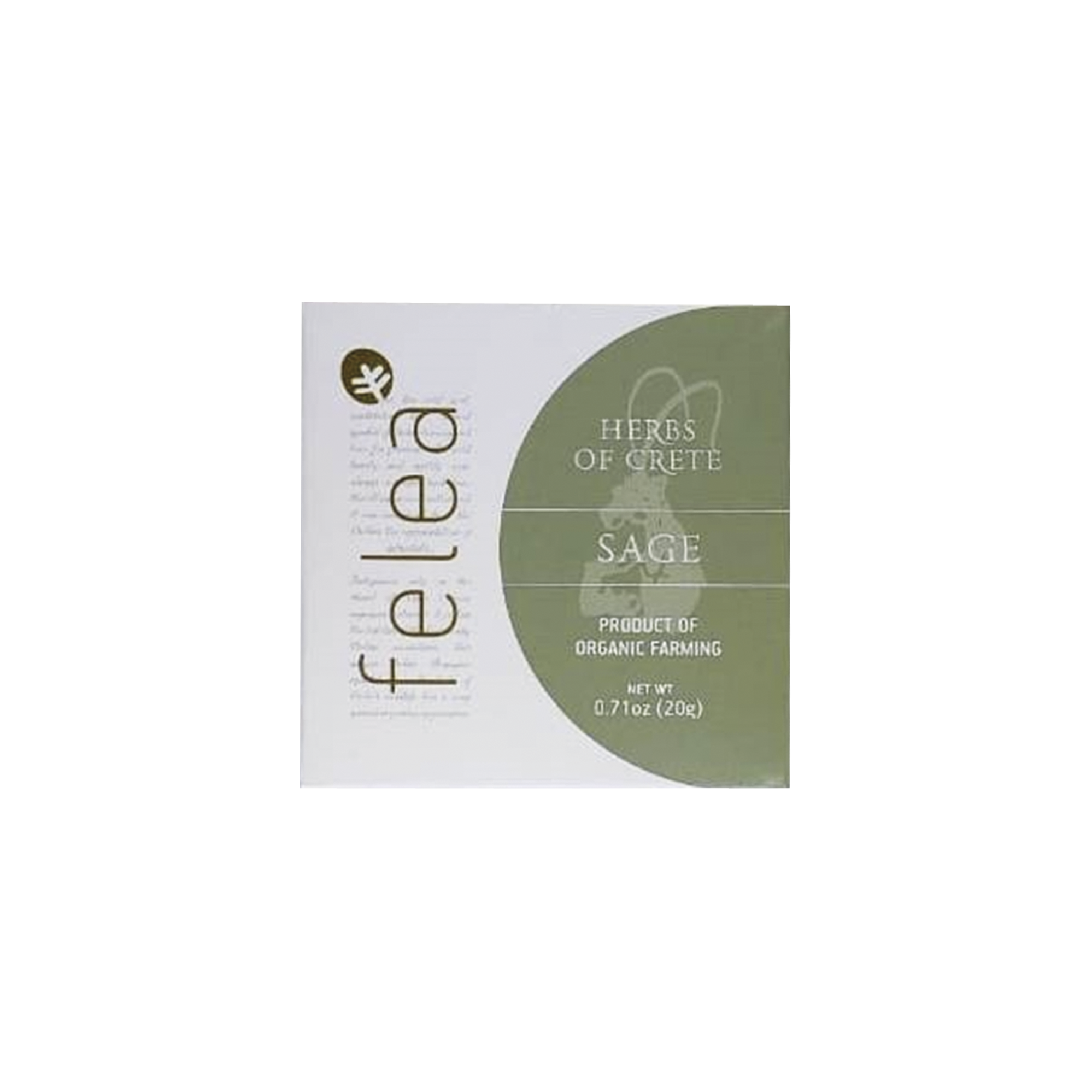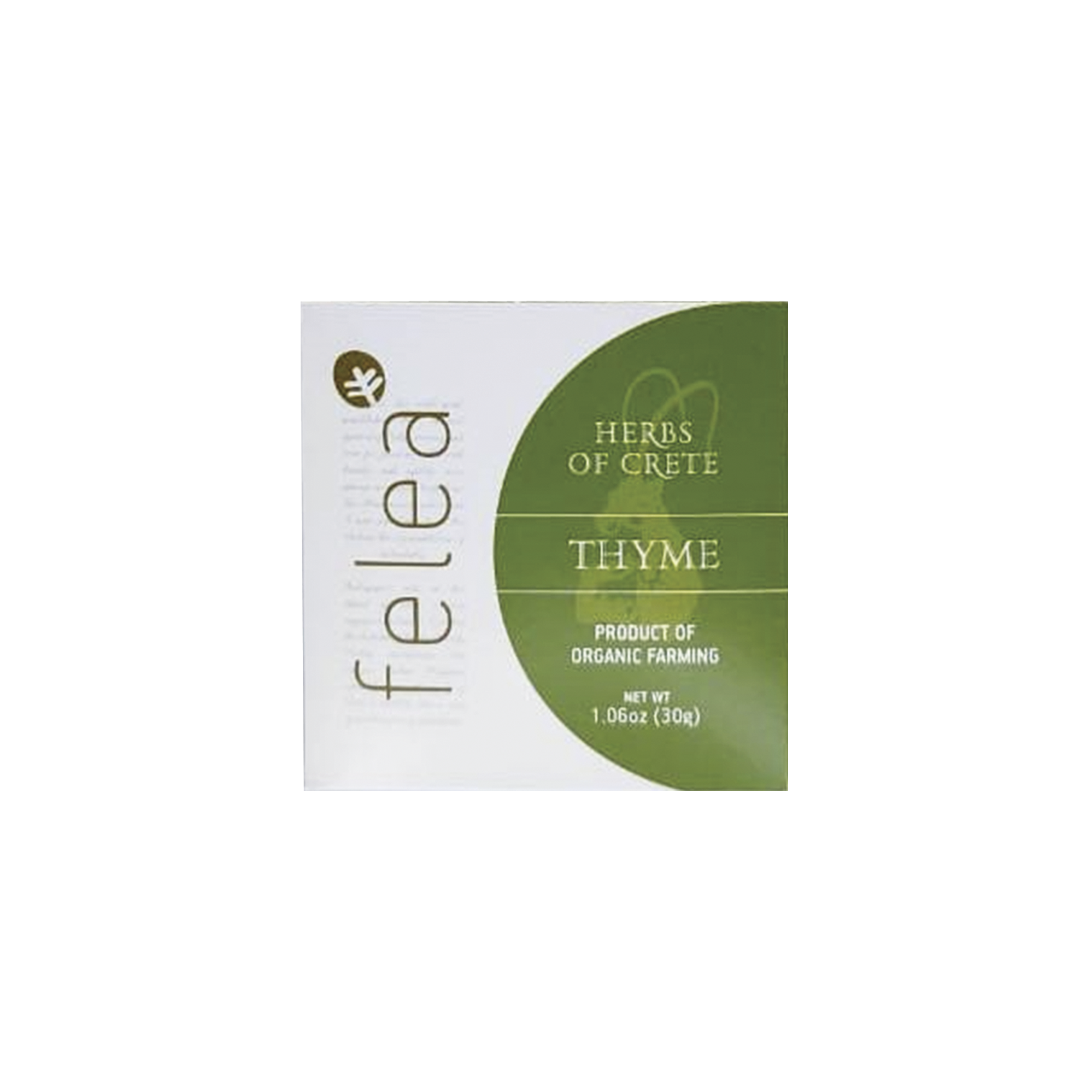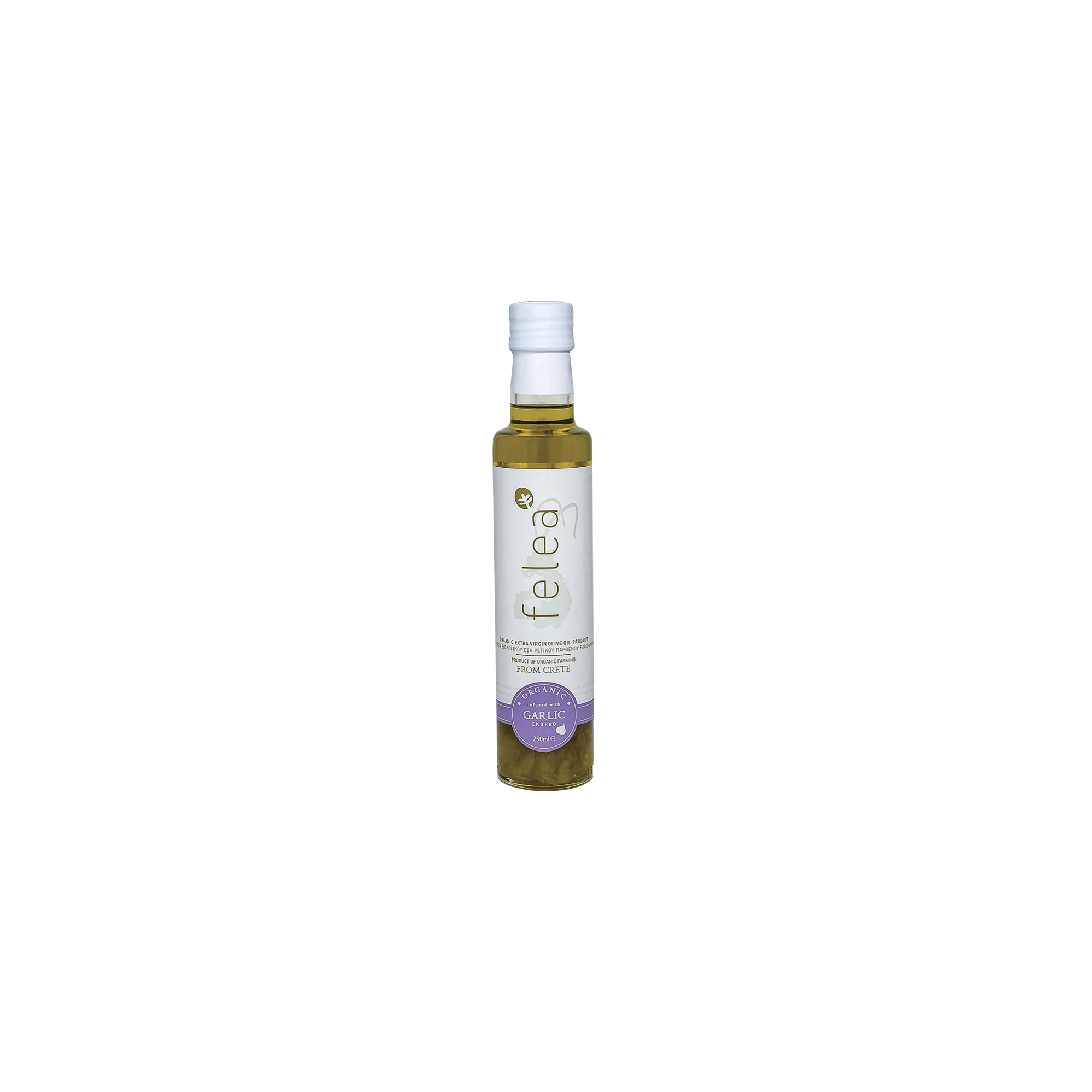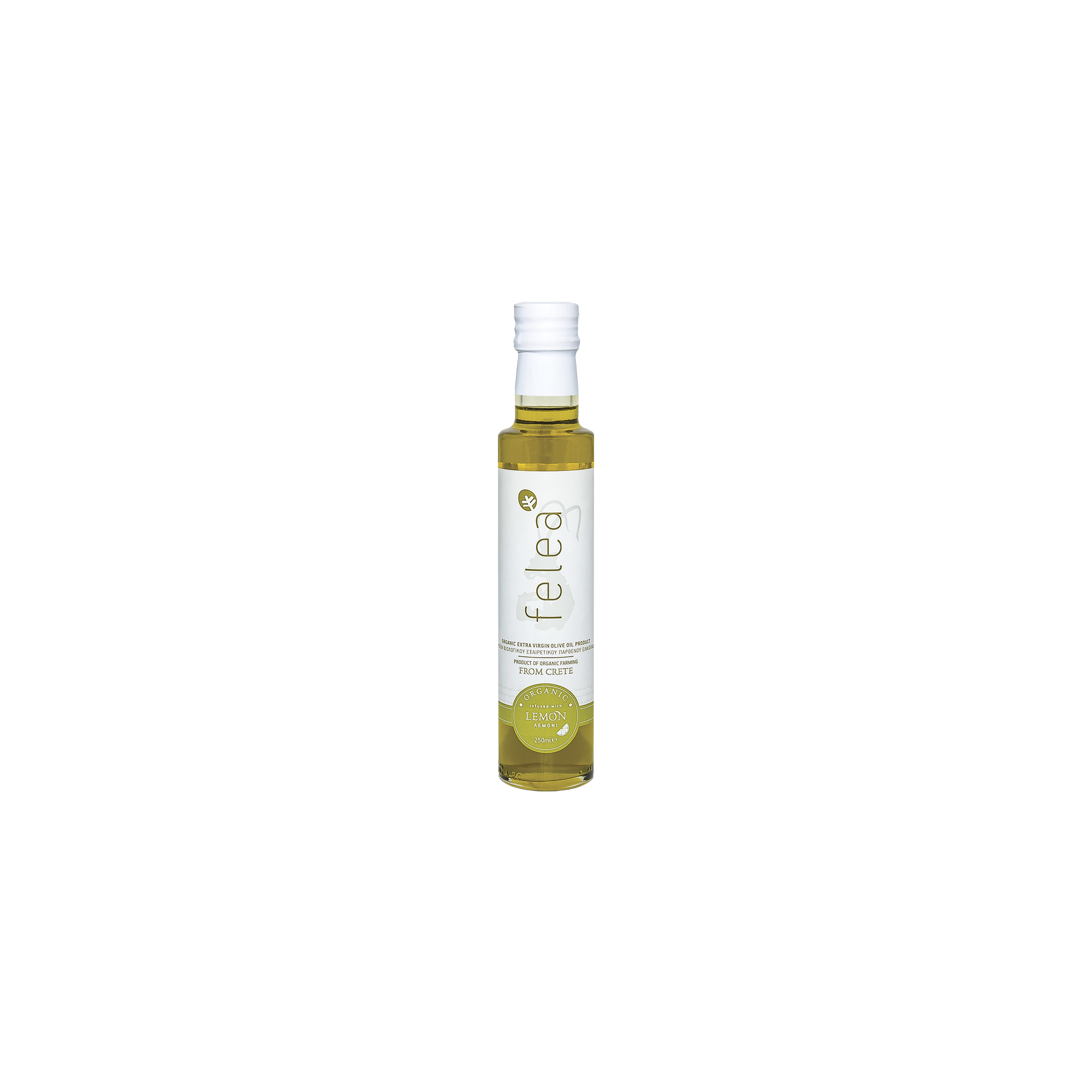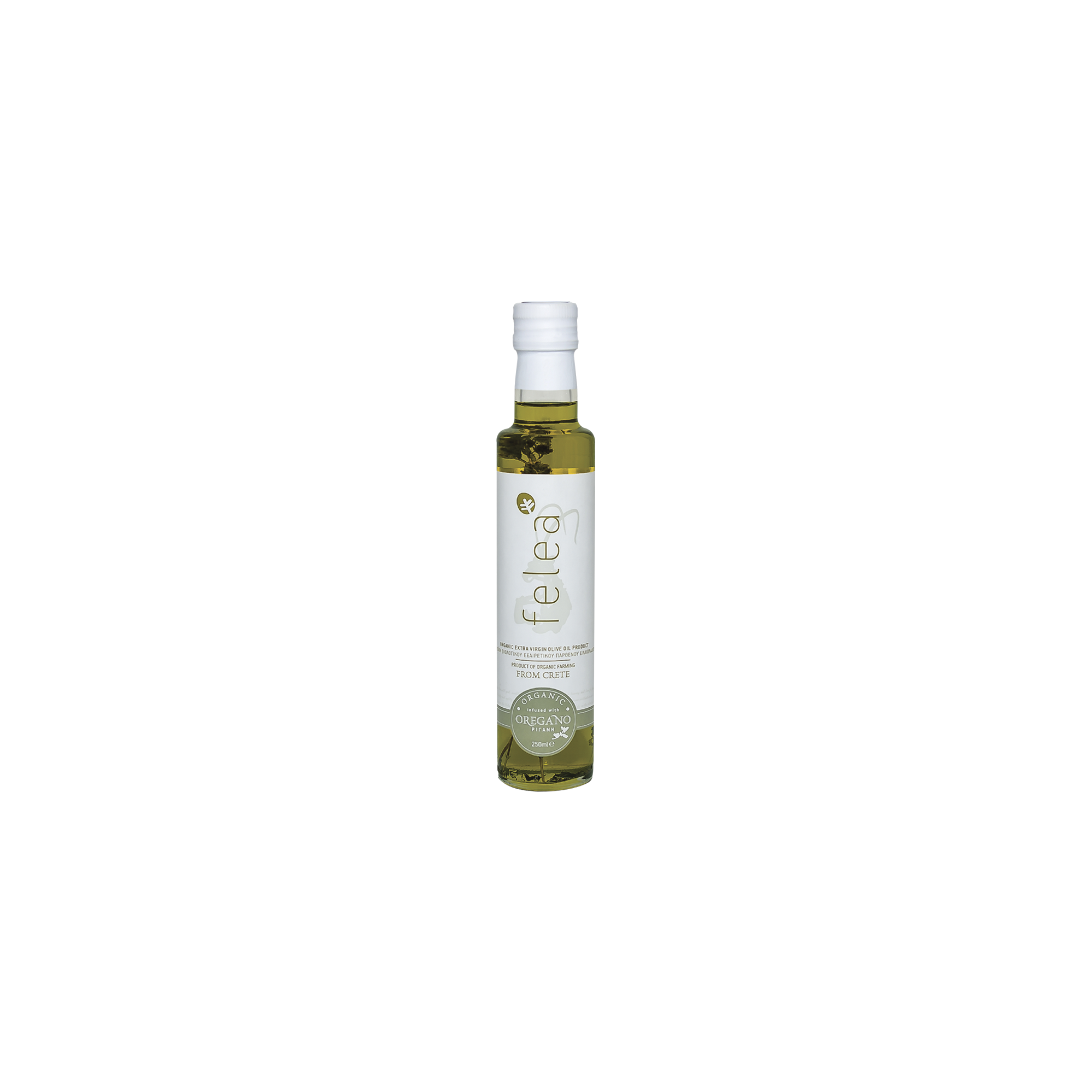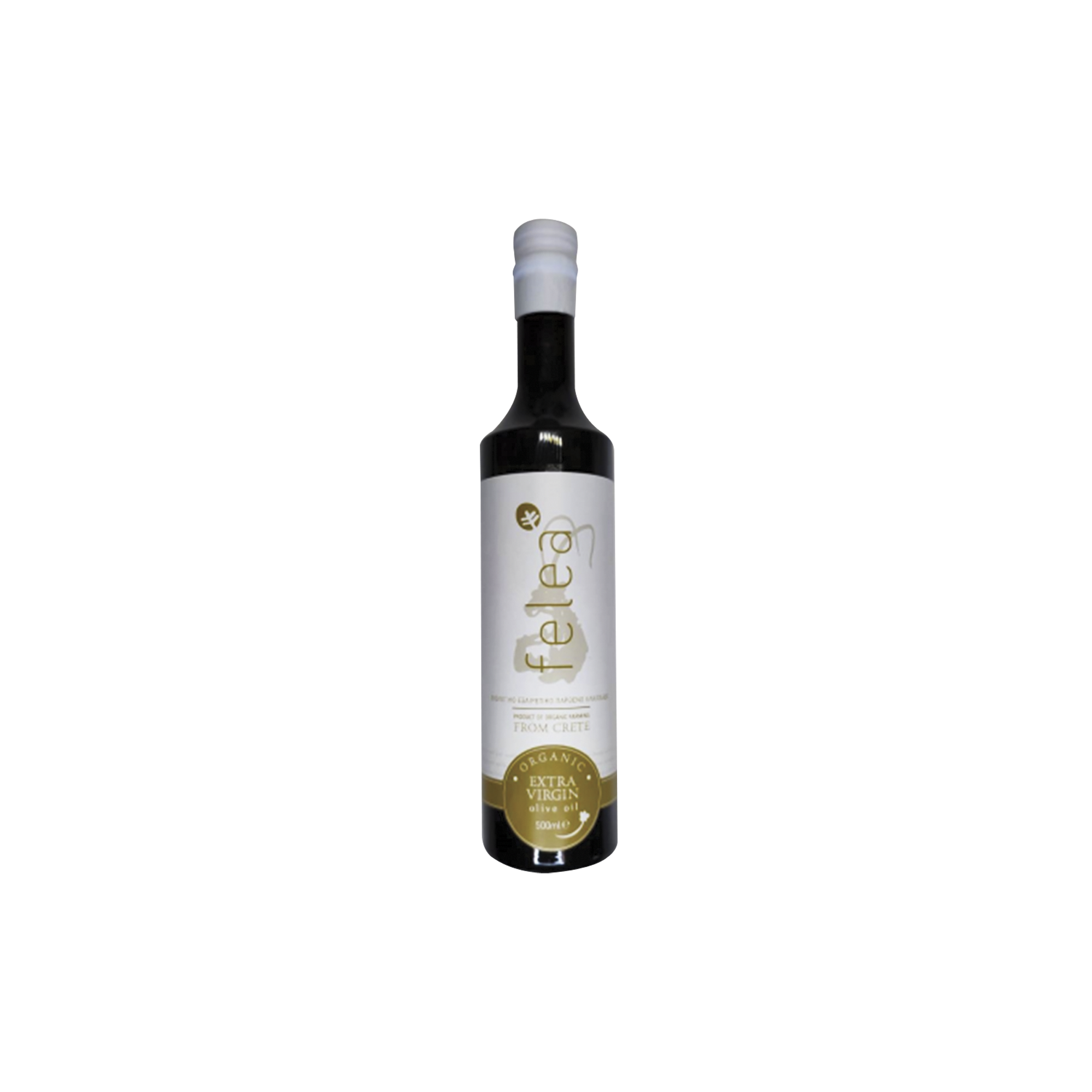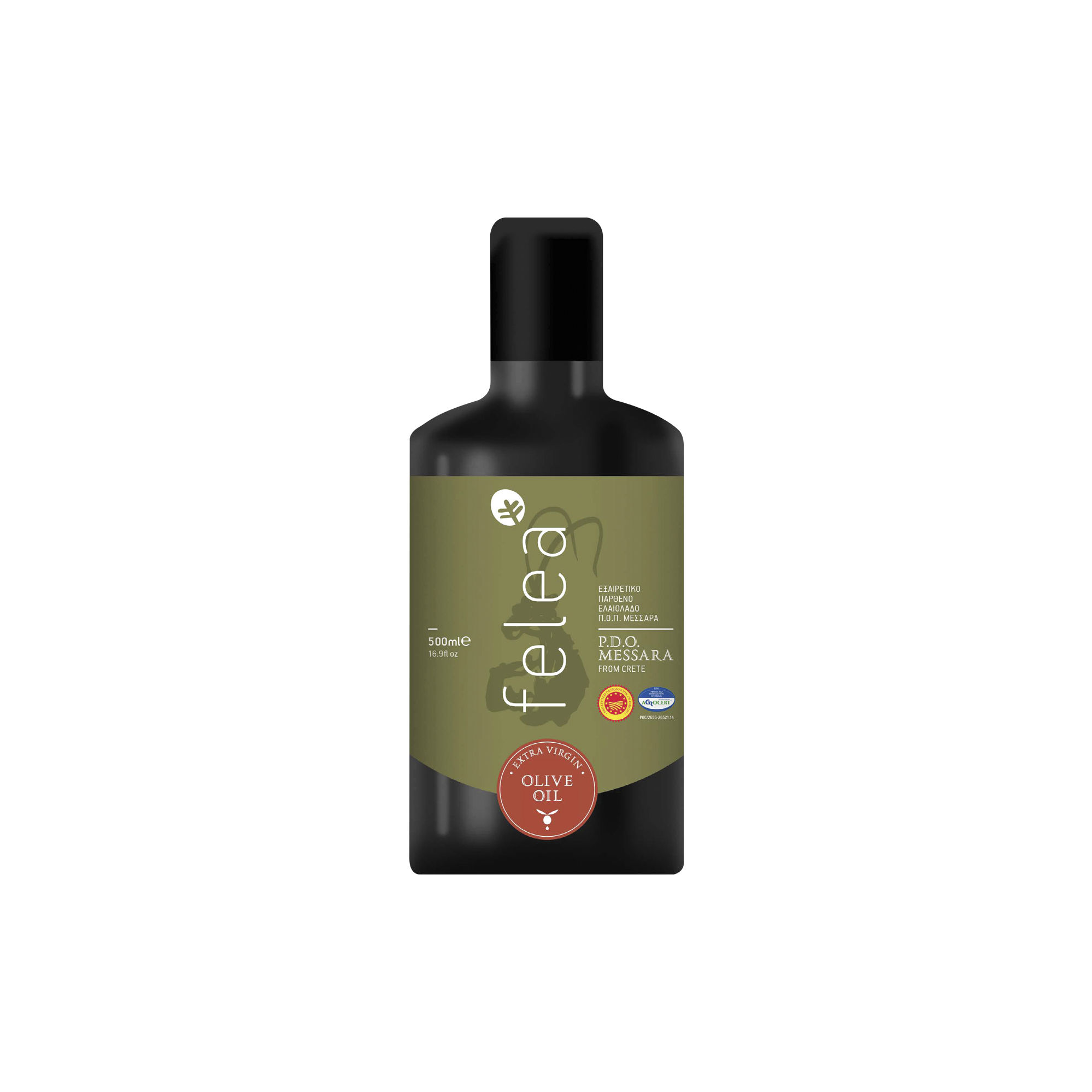At the tender age of nine, Giorgos Giannoulakis’ third child had already travelled widely.
Not just in Europe, but as far east as Indonesia and Japan, and west up and around the United States. Some of those places are many seas away from Cretan shores, and that fits very well with Giorgos’ plans to have Felea Goods, his company—his “third child” as he calls it (he has two children otherwise)—make all that is healthy in traditional Cretan food available to the rest of the world.
The celebrated Greek poet Odysseas Elytis reflected, “If you deconstruct Greece, you will in the end see an olive tree, a grapevine, and a boat remain.” In terms of olive trees, Crete alone is estimated to have some 30 million and almost every Cretan family has a patriarchal grove, ranging from half a dozen to a thousand or more trees. It is from these small groves that belong to modest farmers that Giorgos’ company sources the Koroneiki variety of olives, cold presses them, and bottles some of the finest organic extra virgin olive oil (EVOO) that Crete has to offer. Apart from the oil—incidentally, the word ‘oil’ is in a sense synonymous with olives, as it derives from oleum, the Latin word for olive—there is more of the Greek island packed in Felea Good’s boxes: dictamnus, rosemary, oregano, thyme and sage, enveloped in aromas that gently switch on imaginings of an ageless summer breeze wandering through blooming herbs on rugged mountains; a landscape home also to the kri-kri or chamois, the wild goat which symbolizes “purity, authenticity, respect for nature, and love for Crete.” This is the apt symbol of Felea. Featured seated with its long curvaceous horns on company packaging, it looks especially elegant on the tapering, milk-white bottle of organic EVOO.
Felean stories are not just poured into bottles or hidden in boxes, they are also ‘stuck’ inside jars from the silk of their honey. Giorgos obtains the golden fluid from a beekeeper whose father was a beekeeper, who, in turn, was the son of a beekeeper. Three generations of honey-harvesting wisdom, backed by thousands of generations of honey-making expertise—considering the life of a worker bee is just a few months—trapped in a jar. The result: a drooling amber rich in taste, history, and culture.
“People ask me, ‘You’ve been toiling for 10 years; what have you achieved? You’re still selling olive oil.’” Through these years, the man with a master’s in economics has fought through setbacks like the exit of his partner, Greece’s economic crisis and the ravages of Covid. Yet his business is still standing, and yes, he’s still selling olive oil. And with plans to sell even more, such as tours for people to come and experience the effort that makes the elixir inside the bottles, jars, and boxes. And while he’s not obsessed with making Felea Goods a huge entity, like the Minoan civilisation which owed much of its wealth to the olives of Crete, he does want his third child to travel wider and deeper, into pans and onto plates of distant lands.
Felea Goods
